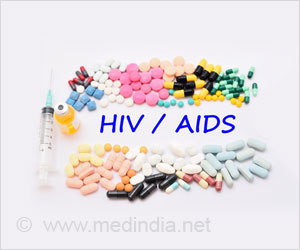More than 90 percent of gay men in the Asia Pacific region don't have access to HIV prevention and care services, as levels of the disease soar to alarming levels , a UN report said Monday.
More than 90 percent of gay men in the Asia Pacific region don't have access to HIV prevention and care services, while levels of the disease soar to "alarming levels", a UN report said Monday.
The study, conducted by the United Nations Development Programme (UNDP), said discriminatory laws in many countries are exacerbating the "critical situation" with abuse and human rights violations commonplace."If countries fail to address the legal context of the epidemic, this already critical situation is likely to become worse," said the report jointly produced with the Asia Pacific Coalition on Male Sexual Health.
Many national HIV policies now accord a priority to men who have sex with men, the report said, "even though the legal environment remains repressive."
"HIV prevalence has reached alarming levels among men who have sex with men and transgender populations in many countries of Asia and the Pacific," the report said.
The high-risk group, which includes homosexuals and bisexuals, can potentially account for between 10 and 30 percent of new HIV infections in a typical Asian country, the report said.
Nineteen of 48 countries in the Asia Pacific region criminalise male-to-male sex, and these laws "often take on the force of vigilantism, often leading to abuse and human rights violations," the study said.
Advertisement
Legislation and law enforcement frequently lag behind national HIV policies, undermining the "reach and effectiveness" of healthcare and prevention programmes, the study said.
Several countries have ushered in new laws and policies to address the issue with favourable court judgments in countries including Nepal, India, the Philippines and South Korea, the study added.
"However, these are exceptional developments and action is required to improve the legal environment in all countries."
The report's release coincides with International Day against Homophobia.
Source-AFP
THK














